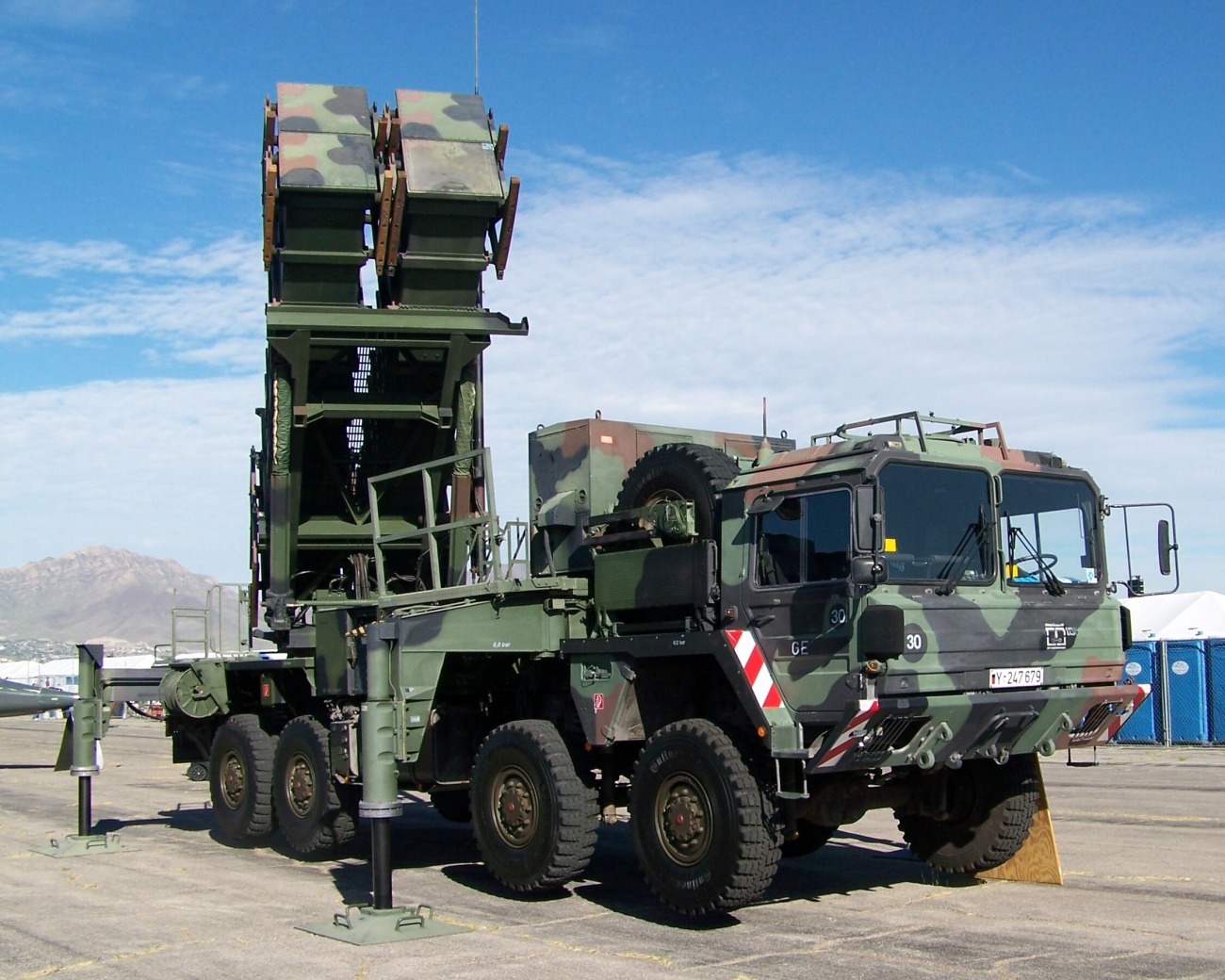Spain has signed a procurement agreement with the United States for the Lockheed Martin-produced Patriot Advanced Capability-3 (PAC-3) Missile Segment Enhancement (MSE) missiles and related support equipment, reflecting the growing popularity of the Patriot air defense system following the Ukraine war.
The US State Department initially approved this acquisition, valued at approximately $2.8 billion, in October 2023.
Spain’s air defense infrastructure will receive a significant boost with the acquisition of 51 PAC-3 missiles, 24 M903 launch stations, and four AN/MPQ-65 radars as part of the extensive sale. With this purchase, Spain becomes the 16th nation to adopt the latest version of the PAC-3 system.
The PAC-3 MSE missiles are intended to counter advanced aerial threats, such as cruise and tactical ballistic missiles. This enhancement is expected to bolster Madrid’s defensive capabilities in an increasingly complex and contested airspace.
“At Lockheed Martin, we’re devoted to helping our customers stay ahead of new, highly contested threats,” said Brian Kubik, Vice President of PAC-3 Programs at Lockheed Martin.
“As the world’s most advanced air defense missile, PAC-3 will enhance Spain’s national defense capabilities and effectiveness in the 21st Century Security battlespace,” Kubik added.
Lockheed Martin highlighted the PAC-3 MSE’s advanced capabilities, noting that it provides a powerful defense against various threats and will improve Spain’s air and missile defense capabilities against evolving challenges.
Spain’s Council of Ministers approved the PAC-3 contract on June 25, highlighting the necessity of modernizing Spain’s Patriot air defense systems to ensure interoperability with allied nations and to meet international commitments.
The Council stressed that the current configuration of Spain’s system was outdated and increasingly incompatible with modern standards.
The US Department of State officially notified Congress in October 2023 about the Foreign Military Sales (FMS) agreement with Spain, which includes modernized PAC-3+ fire units.
In a related move, Lockheed Martin and Grupo Oesia of Spain signed an agreement with Spain’s Grupo Oesia in April to produce MSE components.
Under this agreement, the Madrid-based firm will manufacture the missile’s electronic cables and harnesses, integrating Spain further into the global supply chain.

Patriot Missile System: Big Evolution
The Patriot system was initially developed during the Cold War as a response to threats faced by the United States. However, its effectiveness was questioned when deployed in the Middle East during the Persian Gulf War and the Iraq War.
In its early operational phases, the Patriot system encountered significant setbacks. One notable failure occurred in 1991 when it failed to intercept an Iraqi Al Hussein Scud missile, resulting in the tragic loss of 28 US soldiers in Saudi Arabia.
Following such incidents, doubts regarding the system’s reliability began to surface regularly. Despite these challenges, the US Army continued to rely heavily on the Patriot system, with its units maintaining the highest operational tempo and enduring the longest deployments compared to other service units.
Many US allied countries also continued to regard the Patriot system favorably. The capture of Crimea by Russia in 2014 sparked a surge in sales, particularly among Eastern European nations.
Countries like Romania, Poland, and Sweden became new customers in the years leading up to Russia’s full-scale invasion of Ukraine in 2022. All were seeking to bolster their defenses by acquiring Patriot systems.
The invasion of Ukraine marked a turning point for the Patriot system, with Lockheed Martin experiencing a surge in demand and popularity. This trend peaked in May 2023, when Patriot systems donated by the US reportedly intercepted multiple Russian Kinzhal missiles capable of hypersonic speeds.
The US government and officials actively promoted the Patriot system as a critical defense against Russian hypersonic missiles. Since then, the Patriot system has consistently demonstrated its capability by successfully intercepting a wide range of Russian weaponry, including aircraft like Su-34 fighters at distances of nearly 100 miles and missiles up to 130 miles away.
In June, a US Army official disclosed that a US-made Patriot air defense system was responsible for shooting down a Russian A-50 Mainstay airborne early warning and control aircraft over the Sea of Azov on January 14 this year.
The conflict in Ukraine has underscored the value of the Patriot defense system. In response to the escalating crisis in 2022, Switzerland took steps to enhance its defenses by purchasing five batteries and 75 missiles in November of that year.
In a similar move to strengthen its air defense capabilities, Germany announced in March to expand its Patriot systems, awarding Raytheon a substantial $1.2 billion contract for radars, launchers, command-and-control stations, and related support services.
Slovakia has also openly declared its desire to purchase a Patriot missile defense system. In January 2024, Defense Minister Robert Kalinak confirmed Slovakia’s intention to engage in discussions with the United States as part of broader plans to safeguard its airspace over the long term.
- Contact the author at ashishmichel(at)gmail.com
- Follow EurAsian Times on Google News